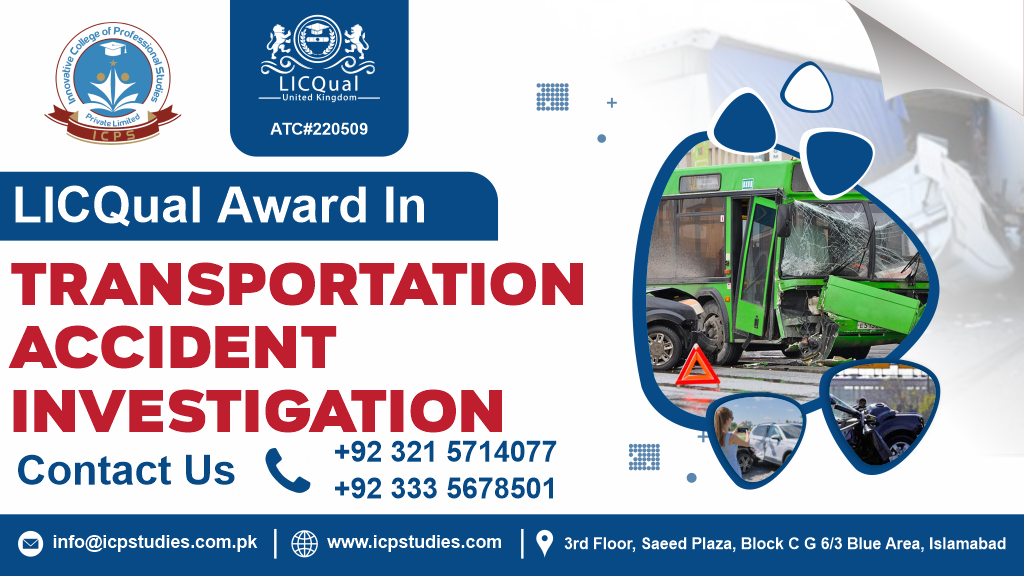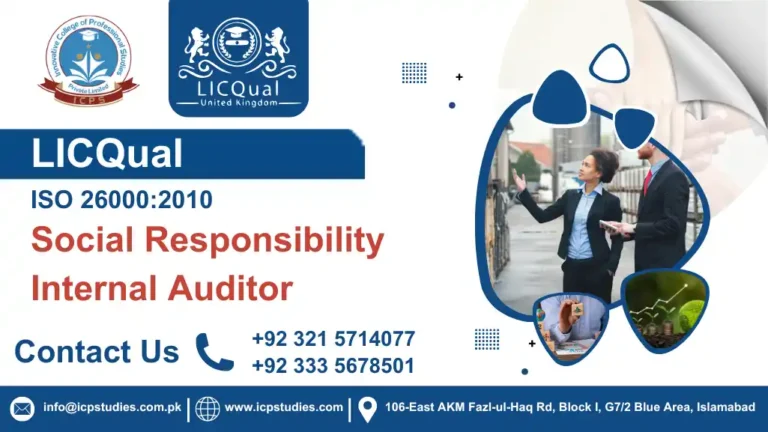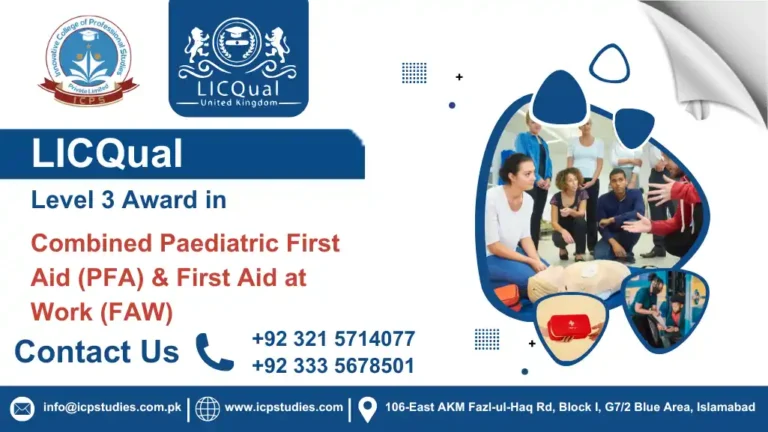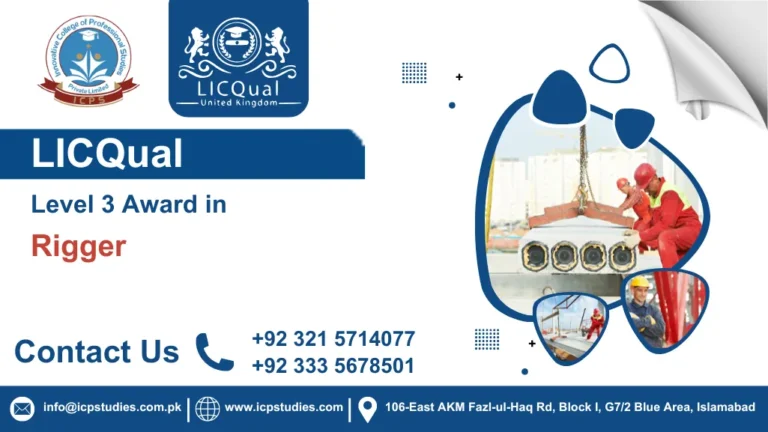Transportation accident investigators play a pivotal role in this process. They meticulously analyze evidence, reconstruct events, and identify contributing factors to determine the cause of accidents. By doing so, they help improve safety protocols, save lives, and shape the future of transportation.
Developed by industry experts with years of experience in accident investigation, our course covers all aspects of the investigation process—from initial assessment to final report writing.
Theory is important, but nothing beats hands-on experience. That’s why our course includes practical exercises, case studies, and simulations to ensure you’re ready to apply your skills in real-world scenarios.
Stay ahead of the curve with access to the latest tools, technologies, and methodologies used in transportation accident investigation.
Don’t miss this opportunity to join the ranks of skilled transportation accident investigators making a difference worldwide. Enroll now Award in Transportation Accident Investigation course today and embark on a rewarding journey towards a safer, more secure future.
All About Award in Transportation Accident Investigation
Course Overview
The LICQual Award in Transportation Accident Investigation is a prestigious certification program designed to provide professionals with the specialized knowledge and skills required to excel in the field of transportation accident investigation. LICQual stands for “Leading International Certification in Quality Assurance and Learning Innovation,” indicating its commitment to excellence and innovation in education and training.
Developing skills in writing comprehensive accident reports, documenting findings, and presenting conclusions to stakeholders, including regulatory agencies, insurance companies, and legal entities.
The LICQual Award in Transportation Accident Investigation is recognized globally for its high standards and rigor. It is accredited by leading institutions and professional bodies in the field of transportation safety, providing assurance of its quality and relevance to industry standards.
Participants who successfully complete the program receive the LICQual Award in Transportation Accident Investigation, a prestigious credential that enhances their professional credibility and opens doors to career advancement opportunities in accident investigation, safety management, consulting, and related fields.
Overall, the LICQual Award in Transportation Accident Investigation is an invaluable resource for individuals seeking to specialize in this critical area of transportation safety and make a positive impact on accident prevention and mitigation efforts worldwide.
Study Units
Learning Outcomes
here are the outcomes for each of the study units:
- Introduction to Transportation Accident Investigation:
- Understand the purpose and importance of transportation accident investigation.
- Identify key stakeholders involved in accident investigation processes.
- Describe the general steps involved in conducting a transportation accident investigation.
- Legal and Regulatory Frameworks in Transportation Safety:
- Familiarize with relevant laws, regulations, and standards governing transportation safety.
- Understand the roles and responsibilities of regulatory agencies and enforcement bodies.
- Identify legal considerations and liabilities associated with transportation accidents.
- Data Collection and Documentation for Transportation Incidents:
- Learn methods for collecting and preserving data and evidence at transportation incident scenes.
- Understand the importance of accurate and thorough documentation in accident investigation.
- Explore various tools and techniques for data collection, including photography, measurements, and witness interviews.
- Accident Scene Investigation and Evidence Preservation:
- Develop skills in conducting systematic accident scene assessments and surveys.
- Learn procedures for securing and preserving physical evidence at accident scenes.
- Understand the importance of chain of custody and maintaining integrity in evidence handling.
- Human Factors and Human Error in Transportation Accidents:
- Explore the role of human factors in transportation accidents, including cognitive, behavioral, and ergonomic factors.
- Identify common human errors and their impact on transportation safety.
- Learn strategies for mitigating human error and improving human performance in transportation systems.
- Root Cause Analysis in Transportation Accident Investigation:
- Understand the concept of root cause analysis and its application in transportation accident investigation.
- Learn techniques for identifying underlying factors and systemic issues contributing to accidents.
- Develop skills in determining primary and contributing causes of transportation accidents.
- Communication and Reporting of Investigation Findings:
- Learn effective communication strategies for sharing investigation findings with stakeholders.
- Develop skills in writing clear, concise, and comprehensive accident investigation reports.
- Understand the importance of transparency, accuracy, and professionalism in reporting findings.
- Case Studies: Road Traffic Accident Investigation:
- Analyze real-world case studies of road traffic accidents to understand investigative processes and challenges.
- Apply theoretical knowledge and investigative techniques to examine accident scenarios and determine causation.
- Identify lessons learned and best practices from road traffic accident investigations.
- Case Studies: Aviation Accident Investigation:
- Analyze real-world case studies of aviation accidents to understand investigative processes and challenges specific to aviation.
- Apply theoretical knowledge and investigative techniques to examine aviation accident scenarios and determine causation.
- Identify lessons learned and best practices from aviation accident investigations.
Admission Criteria
here are the entry requirements for the Award in Transportation Accident Investigation course:
- Educational Background:
- Applicants should hold a minimum of a high school diploma or equivalent qualification.
- A bachelor’s degree or higher in a relevant field (e.g., engineering, forensic science, transportation management) is preferred but not mandatory.
- Professional Experience:
- While prior experience in transportation accident investigation is not required, candidates with relevant experience in fields such as law enforcement, engineering, safety management, or transportation operations may have an advantage.
- Applicants should demonstrate a keen interest in accident investigation and a commitment to enhancing their skills in this area.
- Language Proficiency:
- Proficiency in the language of instruction (typically English) is essential to successfully complete the course.
- Non-native English speakers may be required to provide evidence of language proficiency through standardized tests such as the TOEFL or IELTS, or by demonstrating proficiency through other means.
- Technical Skills:
- Basic computer literacy and proficiency in using office software (e.g., Microsoft Word, Excel) are recommended, as course materials and assessments may be delivered electronically.
- Familiarity with data collection tools and software commonly used in accident investigation (e.g., GPS devices, accident reconstruction software) is advantageous but not mandatory.
- Commitment and Availability:
- Applicants should be able to commit to the duration of the course and actively participate in all required activities, including lectures, practical exercises, and assessments.
- Access to a reliable internet connection and suitable hardware (e.g., computer, smartphone, or tablet) is necessary for accessing course materials and participating in online activities.
- Professional Conduct:
- Applicants must demonstrate professionalism, integrity, and ethical conduct throughout the application process and course duration.
- Any history of unethical behavior or criminal convictions related to dishonesty or integrity may disqualify candidates from admission to the course.
- Additional Requirements:
- Some institutions or accrediting bodies may have specific eligibility criteria or additional requirements for admission to the course. Applicants should carefully review all application guidelines and instructions provided by the course provider.
By meeting these entry requirements, applicants can ensure they are well-prepared to embark on a rewarding journey in transportation accident investigation and make a meaningful contribution to enhancing transportation safety.
Ideal Candidate
The Award in Transportation Accident Investigation course is designed for a diverse range of professionals who are passionate about enhancing transportation safety and are interested in pursuing a career in accident investigation. This course is particularly suitable for:
- Aspiring Accident Investigators: Individuals who aspire to become transportation accident investigators and want to gain the knowledge, skills, and credentials necessary to excel in this field.
- Current Transportation Professionals: Professionals currently working in transportation-related industries, such as aviation, road transport, maritime, rail, or public transportation, who wish to enhance their expertise in accident investigation and advance their careers.
- Safety and Compliance Officers: Safety officers, compliance managers, and regulatory professionals responsible for ensuring adherence to safety standards and regulations within transportation organizations.
- Law Enforcement Personnel: Police officers, accident reconstruction specialists, and other law enforcement personnel involved in investigating transportation accidents and incidents.
- Engineers and Technicians: Engineers, technicians, and technical specialists involved in designing, maintaining, or operating transportation infrastructure, vehicles, or systems, who seek to broaden their understanding of accident investigation principles.
- Forensic Science Practitioners: Forensic scientists, analysts, and investigators interested in applying their expertise to the analysis of evidence related to transportation accidents.
- Consultants and Advisors: Consultants, advisors, and experts providing services in transportation safety, risk management, or accident investigation, who wish to expand their knowledge base and enhance their professional credentials.
- Academic and Research Professionals: Academics, researchers, and educators in fields such as transportation engineering, safety science, and forensic science who are interested in deepening their understanding of transportation accident investigation principles and methodologies.
Regardless of their background or current role, participants in this course share a common goal: to contribute to the prevention of transportation accidents, the improvement of safety practices, and the enhancement of transportation systems’ resilience. By enrolling in this course, individuals can develop the expertise and skills needed to investigate accidents thoroughly, identify root causes, and implement effective preventive measures, thereby making a positive impact on transportation safety worldwide.
FAQs about Award in Transportation Accident Investigation







